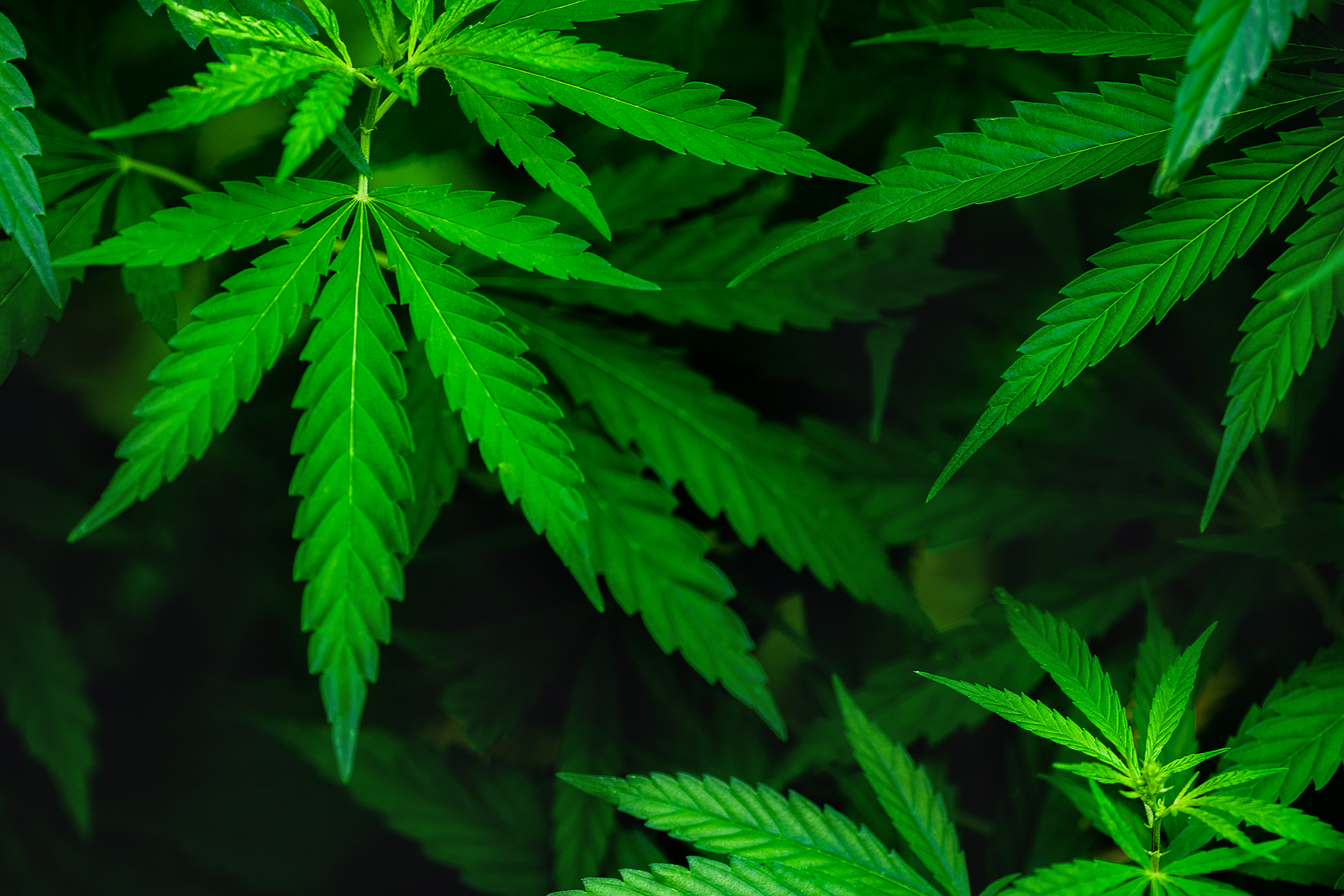 It’s been banned.
It’s been banned.
People who used it were put in jail.
Then they found out it’s a powerful medical plant. It helps with everything from easing pain to improving brain function.
Well almost everything—because a new study in the journal Cell reveals that this plant also drastically increases your risk of stroke and heart attack.
Fortunately, it’s easy to counter this risk by eating a common bean.
Marijuana has two main components: CBD (cannabidiol) and THC (tetrahydrocannabinol). THC is the substance that provides the “high” that recreational marijuana users enjoy.
The recreational use of marijuana is now legal in 18 American states plus Washington DC. It’s legal for medicinal use in 38 states plus DC.
There’s just one problem…
In the last few years, researchers have discovered that THC may be related to heart disease and heart attack.
If this is true, it is alarming as it suggests that something that is actually harmful is now being increasingly legalized and used. The authors of the study in Cell compare it with vaping, which was once seen as a healthy alternative to smoking but has now been found to be unhealthy too.
These scientists analyzed data from the large UK Biobank database to determine why exactly marijuana seems to cause heart disease.
Almost 35,000 Biobank participants smoked marijuana, with almost 11,000 reporting doing so more than once a month. Those 11,000 were more likely than their peers were to suffer a heart attack before age 50. Premature heart attack puts sufferers at risk of heart rhythm problems, heart failure, and premature death.
This study went further than previous ones, though, in its discovery that inflammatory chemicals were much higher in the blood of Biobank participants who smoked marijuana more than once a month.
In the second study, the scientists went back into the laboratory and applied THC to endothelial cells, which are the cells that line our blood vessels.
They discovered that the THC caused a significant amount of inflammation in these cells, which is a hallmark of atherosclerosis.
In another study, they fed mice a high-fat diet and injected some of them with THC levels equivalent to a daily marijuana joint.
The THC-injected mice developed much larger atherosclerosis plaques in their arteries than those who did not receive these injections, showing clearly that THC was a very serious heart disease risk.
The researchers did not leave it there, though. They wanted to see if they could find a substance that could stop this from happening.
The problem is that frequent THC use causes CB1 receptors to become too active. CB1 receptors appear everywhere in the body, including the brain.
Therefore, they were looking for a substance that could prevent this overactivity of CB one receptors, and they found a natural one.
Genistein is a natural ingredient in soyabeans, and through machine learning and studies on mice, they discovered that this chemical could prevent the inflammatory effects of THC in blood vessels without spoiling the high of marijuana in the brain.
This means that you should consume a lot of soy or take genistein as a supplement if you want to use marijuana recreationally or if you need to use it frequently as a natural medicine to treat pain, nausea, or other conditions.
But to actually heal your heart and avoid stroke and heart attack, you must clear out your clogged arteries. The best way to do that is to stop consuming this ONE ingredient you didn’t even know you were consuming…
And if you have high blood pressure, discover how 3 easy exercises drop blood pressure below 120/80— starting today…

 Overcoming IBD
Overcoming IBD Multiple Sclerosis
Multiple Sclerosis Banishing Bronchitis
Banishing Bronchitis Gum Disease Gone
Gum Disease Gone Overcoming Onychomycosis
Overcoming Onychomycosis Neuropathy No More
Neuropathy No More The Prostate Protocol
The Prostate Protocol Brain Booster
Brain Booster
 Ironbound
Ironbound
 Solution for Shingles
Solution for Shingles
 The Bone Density Solution
The Bone Density Solution
 The Ultimate Healing Protocol
The Ultimate Healing Protocol
 The Parkinson's Protocol
The Parkinson's Protocol
 The Chronic Kidney Disease Solution
The Chronic Kidney Disease Solution
 Overthrowing Anxiety
Overthrowing Anxiety The Fatty Liver Solution
The Fatty Liver Solution The Hypothyroidism Solution
The Hypothyroidism Solution
 The End of Gout
The End of Gout The Blood Pressure Program
The Blood Pressure Program
 The Oxigized Cholesterol Strategy
The Oxigized Cholesterol Strategy
 Stop Snoring And Sleep Apnea Program
Stop Snoring And Sleep Apnea Program
 The Arthritis Strategy
The Arthritis Strategy The Vertigo & Dizziness Program
The Vertigo & Dizziness Program The 3-Step Diabetes Strategy
The 3-Step Diabetes Strategy Hemorrhoids Healing Protocol
Hemorrhoids Healing Protocol The Erectile Dysfunction Master
The Erectile Dysfunction Master Weight Loss Breeze
Weight Loss Breeze The IBS Program
The IBS Program The Insomnia Program
The Insomnia Program The Migraine and Headache Program
The Migraine and Headache Program The Neck Pain Solution
The Neck Pain Solution The Menopause Solution
The Menopause Solution The Ejaculation Master
The Ejaculation Master The TMJ Solution
The TMJ Solution The Acid Reflux Solution
The Acid Reflux Solution The Fibromyalgia Solution
The Fibromyalgia Solution The Psoriasis Strategy
The Psoriasis Strategy